Sleep deprivation has long been associated with irritability and emotional volatility, but groundbreaking research published in Nature Human Behaviour reveals the precise neurological mechanisms behind this phenomenon. The study demonstrates how inadequate sleep directly compromises our brain's ability to regulate emotions, creating a biological recipe for heightened stress responses and diminished capacity to manage daily challenges.
The Emotional Brain on Empty
Neuroscientists from the University of California, Berkeley, conducted a series of experiments tracking brain activity in sleep-deprived participants using functional MRI scans. What they discovered was striking - the amygdala, our emotional control center, showed 60% more intense reactions to negative stimuli when subjects were sleep deprived compared to when they were well-rested. Meanwhile, the prefrontal cortex, responsible for rational decision-making and emotional regulation, displayed significantly reduced activity.
This neurological double-whammy creates what lead researcher Dr. Matthew Walker describes as "emotional dysregulation at the biological level." The brain essentially becomes incapable of applying brakes to emotional responses while simultaneously pressing harder on the accelerator. The consequences manifest in everything from inappropriate workplace reactions to relationship conflicts and poor decision-making.
The Cumulative Toll of Sleep Debt
Perhaps most alarming is the research showing that the emotional impacts of sleep loss accumulate over time. Participants who consistently got less than six hours of sleep per night showed progressive deterioration in emotional regulation capabilities, even when they reported feeling "used to" their sleep schedule. This suggests the common practice of burning the candle at both ends during the week and trying to "catch up" on weekends may be particularly damaging to our emotional health.
The study also revealed that sleep deprivation disproportionately affects our ability to process positive versus negative experiences. While negative stimuli elicited exaggerated responses, positive or neutral experiences registered with diminished intensity. This creates a skewed emotional landscape where minor frustrations feel catastrophic while joyful moments fail to register with their full emotional weight.
Real-World Consequences
Clinical psychologist Dr. Rebecca Robbins, who was not involved in the study but researches sleep's impact on mental health, notes these findings explain why sleep disturbances are both symptoms and predictors of mood disorders. "We're seeing that poor sleep doesn't just accompany depression and anxiety - it actively contributes to their development by eroding the brain's fundamental ability to regulate emotions," she explains.
The implications extend far beyond clinical populations. Workplace dynamics, educational outcomes, and even societal tensions may be influenced by widespread sleep deprivation. The researchers point to data showing increased workplace conflicts, road rage incidents, and interpersonal misunderstandings during periods of collective sleep loss, such as the week following daylight saving time changes.
Sleep Quality Matters As Much As Quantity
An important nuance in the findings relates to sleep architecture - the cyclical progression through different sleep stages throughout the night. The study found that emotional regulation depends particularly on obtaining adequate rapid eye movement (REM) sleep, which predominates in the latter half of an eight-hour sleep period. This explains why people who get six hours of sleep may fare worse emotionally than those getting seven or eight, even if they feel similarly rested - they're disproportionately missing this crucial REM sleep.
This has particular relevance in our era of early work schedules, late-night screen time, and alarm clocks that truncate the natural sleep cycle. Many people may be getting what they consider "enough" sleep in terms of hours while still missing the most emotionally restorative phases.
Hope For The Sleep-Deprived
The research isn't all doom and gloom. The team also found that improving sleep habits can relatively quickly restore emotional regulation capabilities. After just two nights of recovery sleep, most participants showed significant improvement in their brain's ability to modulate emotional responses. This suggests that while the effects of sleep deprivation are profound, they may not be permanent if addressed promptly.
Neuroscientist and study co-author Dr. Eti Ben Simon emphasizes that these findings should change how we view sleep in society. "We need to stop treating adequate sleep as a luxury or sign of laziness. It's as fundamental to our emotional health as a balanced diet is to our physical health. You wouldn't expect to function well eating nothing but junk food - we shouldn't expect to function well on a diet of insufficient sleep."
The team is now investigating whether targeted sleep interventions could help those with mood disorders or high-stress occupations. Preliminary data suggests that optimizing sleep may enhance the effectiveness of traditional therapies for conditions like depression and PTSD by restoring the brain's natural capacity for emotional balance.
As the research continues, one message comes through clearly: in our fast-paced, always-on world, protecting our sleep may be one of the most powerful things we can do for our emotional well-being, relationships, and overall quality of life. The science now shows it's not just about feeling rested - it's about maintaining our very ability to experience and regulate the full range of human emotions in healthy, adaptive ways.

By /Jul 25, 2025
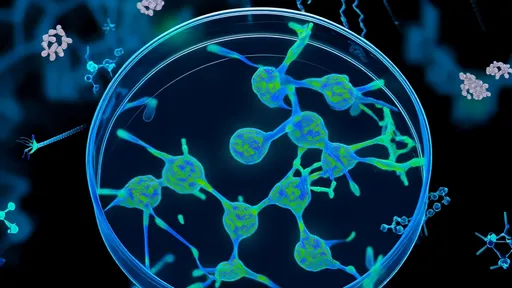
By /Jul 25, 2025
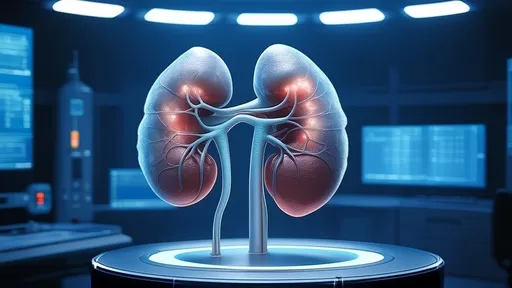
By /Jul 25, 2025

By /Jul 25, 2025

By /Jul 25, 2025

By /Jul 25, 2025

By /Jul 25, 2025
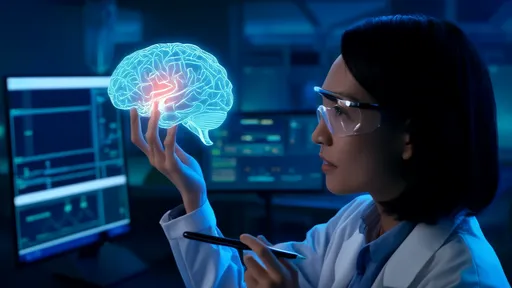
By /Jul 25, 2025

By /Jul 25, 2025

By /Jul 25, 2025
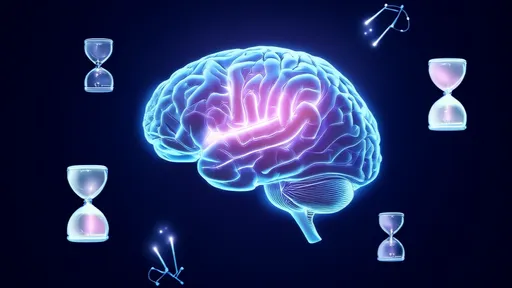
By /Jul 25, 2025

By /Jul 25, 2025

By /Jul 25, 2025
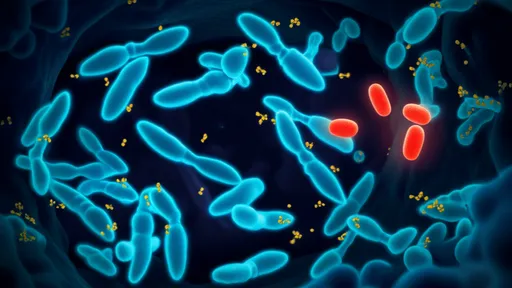
By /Jul 25, 2025

By /Jul 25, 2025
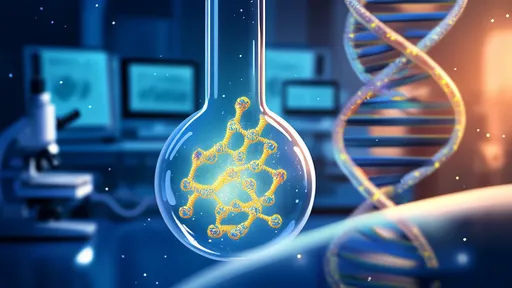
By /Jul 25, 2025

By /Jul 25, 2025
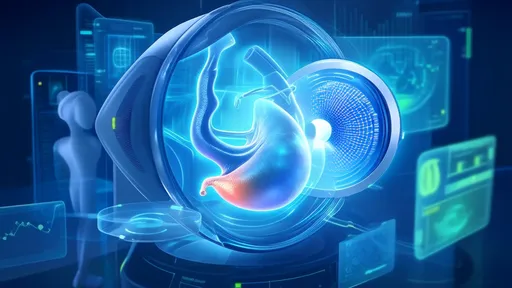
By /Jul 25, 2025